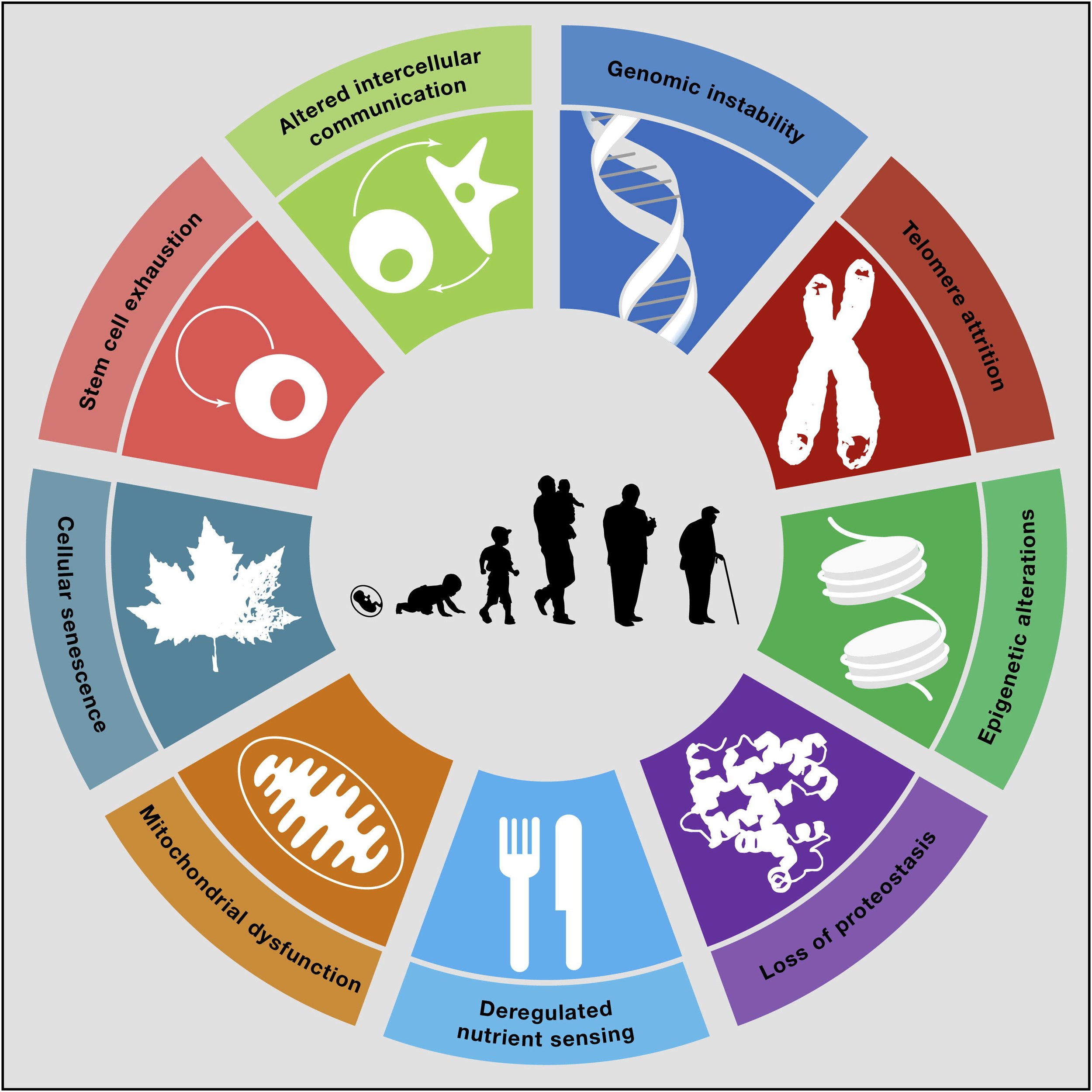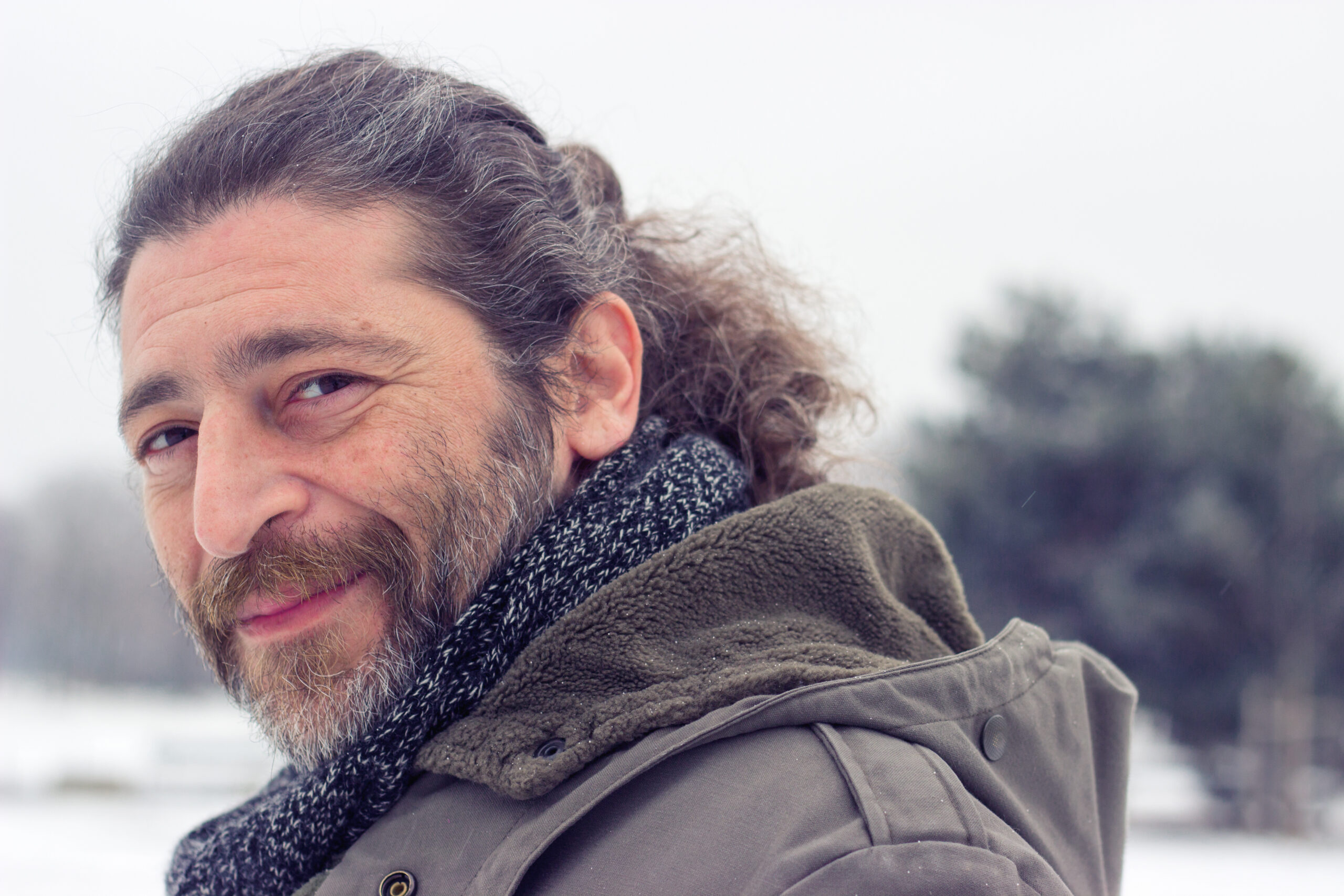Story at a glance…
-
6 rather simple diet and lifestyle changes reduced biological age by 3.2 years over 2 months.
-
The changes were seen in older healthier males, suggesting larger gains in those who are obese or sick.
-
Preventing the premature effects of aging could save the world $7 trillion dollars.
Published in April of last year, a study found that older men put on a relatively simple 8-week program were able to reduce their biological age by 3.2 years.
It might be surprising to read, but it wasn’t a magic pill, a miracle cure, or some strange herb from a cave in Peru, that conferred this remarkable benefit on the men aged 50-72, but six small changes to diet and lifestyle aimed at altering their epigenetics.
The 6 changes consisted of:
- Recommendations for better sleep, and for a duration of at least 7 hours.
- Some phytonutrient powder supplements consisting of polyphenols and curcumin.
- A 10-minute meditation or breathing practice, done twice daily.
- Moderate, 12-hour intermittent fasting.
- A probiotic consisting of Lactobacillus plantarum.
- 30 minutes of exercise per day 5-days a week at 60-80% of maximum heart rate.
The goal of the study was to affect “epigenetics” which could be described as human adaptation in response to conditions met throughout life. Epigenetics can’t turn us into a different species, but they do allow Sherpas to live in the high altitude of the Himalayas year round, or indigenous Indonesians to stay underwater for long periods without needing to breathe.
It makes babies conceived during periods of famine or food scarcity more susceptible to conserving glucose throughout their life, and much more besides.
There are epigenetic changes that make us age faster, and there are changes that slow or even reverse this process.

What aging is today
Over the last few years, life expectancy in some countries like the U.S. is going down for the first time since World War II. With the number one risk factor for disease being aging, and disease being the second highest risk factor for disease, there’s an enormous incentive to mitigate both. Doing so has been hypothesized as representing a $7 trillion savings in medical care over 50 years: which is slightly more than the savings predicted for keeping the global temperature below 2°C.
The researchers’ goal was to alter epigenetics through methylation, which bears a brief explanation.
“Currently, the best biochemical markers of an individual’s age are all based on patterns of methylation,” the researchers write. Methylation is, as lead author Kara Fitzgerald explained in a recent radio interview, simply the attaching of a methyl group to a cytosine on select areas of the DNA-containing chromosomes.
As life evolved, it found that methyl groups were extremely common and useful, and evolution has created perhaps millions of processes that involve methyl groups, not least of which is gene expression, which is the scientific phrase for the degree to which a gene affects our bodies and health.
“Of 20+ million methylation sites on the human genome, there are a few thousand at which methylation levels are tightly correlated with age,” the authors write, adding that a DNA clock that measures methylation will better predict an individual’s risk for mortality than chronological age.
6 – 8 – 3
Diet was not significantly altered from normal, yet personalized recommendations, except as part of a general lowering of carbohydrate intake. It was mostly plant-based, with an emphasis on choosing low-glycemic fruit, and replacing proteins with the nutrient-dense liver and eggs. Eating was prohibited after 7PM and before 7AM the next morning. The entire diet plan can be found here.
The study wanted to see what older people who have no adverse risk of disease and are of generally good health, could achieve with the multi-faceted approach.
“It took us a long time to run the study because we did some pretty hefty screening,” Fitzgerald said on Revolution Health Radio, “so we can reverse bio-age in healthy individual, there’s just no doubt in my mind that using these interventions in individuals with various diseases we should see more significant change”.
Fitzgerald feels one of the most significant elements of the study was the weekly appointment of a nutritionist, who was also in charge of ensuring the exercise and mediation was pursued correctly according to a pre-determined script.
By design, an important endpoint of this study was to be Horvath’s DNAmAge clock, to see if it could be potentially slowed. This is to say we have tentatively accepted the hypothesis that the methylation pattern from which the DNAmAge clock is computed is a driver of aging (and the chronic diseases of aging), thus we expect that attempting to directly influence the DNA methylome using diet and lifestyle to set back DNAmAge will lead to a healthier, more “youthful” metabolism.
The result from the 6 chosen interventions done over 8 weeks didn’t actually change methylation on the Horvath’s clock sites, but the authors suppose it prompted a shift in the methylation pattern consistent with a more youthful biological age.
Little else of a general nature changed in the control group, apart from a reduction by 25% in mean triglycerides, and a reduction in total cholesterol.
Undoubtedly the most exciting part about this finding is the relative simplicity with which it was achieved. The probiotic and phytonutrient aspects were simple supplements, while the exercise part doesn’t really ask more than the minimum government recommendations. Indeed some individuals will have difficulty finding 20 minutes a day for meditation, but for reducing biological age for 3.2 years, it’s not so much to ask. WaL
PICTURED ABOVE: The effects were observed in healthy, middle-aged men. PC: Shutterstock.
If you think the stories you’ve just read were worth a few dollars, consider donating here to our modest $500-a-year administration costs.




Hello. This post couldn’t be written any better! Reading this post reminds me of my previous room mate. He always kept chatting about this. I will forward this page to him. Fairly certain he will have a good read. Thank you for sharing.